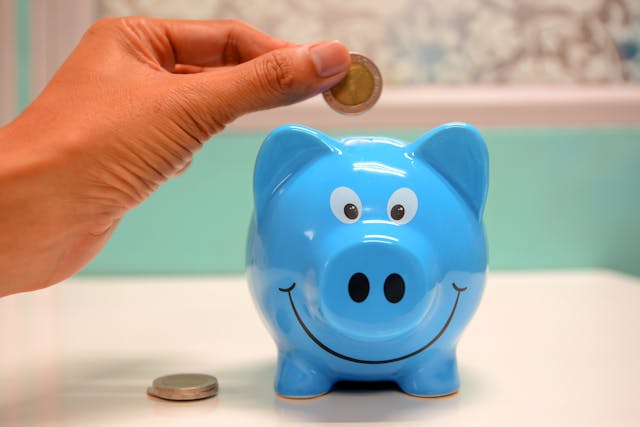Emergency Funds: Why You Need One and How to Build It
An emergency fund is a financial safety net that can protect you from unexpected expenses, job loss, or medical emergencies. It provides peace of mind and financial stability when life takes an unexpected turn. Here's why it’s crucial—and how to start building one today.

Why You Need an Emergency Fund
1. Life is Unpredictable
Emergencies happen—car repairs, dental work, sudden job loss. Without a dedicated fund, you might rely on high-interest credit cards or loans.
2. Reduces Stress
Knowing you have money set aside for emergencies lowers financial anxiety and helps you focus on solving the issue, not panicking about how to pay for it.
3. Avoids Debt Traps
Many people fall into debt because they weren't prepared for financial shocks. An emergency fund can keep you from borrowing in tough times.
4. Gives You Options
Whether it’s quitting a toxic job, taking time off for a loved one, or moving to a new city—having a safety cushion gives you the freedom to make better decisions.
How Much Should You Save?
-
Basic goal: Start with $500–$1,000 for small emergencies (ideal if you're just getting started or paying off debt).
-
Long-term goal: Aim for 3–6 months of essential living expenses (rent/mortgage, food, utilities, insurance, etc.).
-
If you're self-employed or have dependents: Consider saving up to 9–12 months of expenses.
How to Build Your Emergency Fund
1. Set a Realistic Goal
Decide how much you want to save and break it into smaller milestones. Start with $100, then $500, and build from there.
2. Open a Separate Savings Account
Keep your emergency fund separate from your checking account so you're not tempted to dip into it for everyday spending.
3. Automate Your Savings
Set up automatic transfers to your savings account—weekly or monthly. Treat it like a non-negotiable bill.
4. Cut Unnecessary Expenses
Redirect money from subscriptions, takeout, or impulse purchases to your emergency fund. Small changes add up.
5. Use Windfalls Wisely
Tax refunds, bonuses, or birthday cash? Deposit a portion (or all) into your emergency fund to make faster progress.
When (and When Not) to Use It
Use it for:
-
Emergency medical bills
-
Major car repairs
-
Unexpected home expenses
-
Job loss or reduced income
Don’t use it for:
-
Vacations
-
Holiday gifts
-
Routine expenses
-
Non-urgent purchases

Final Thoughts
Building an emergency fund isn't about fear—it's about freedom. It gives you breathing room, protects your future, and helps you stay in control no matter what life throws your way. Start small, stay consistent, and you’ll be surprised how quickly it grows. Your future self will thank you.












